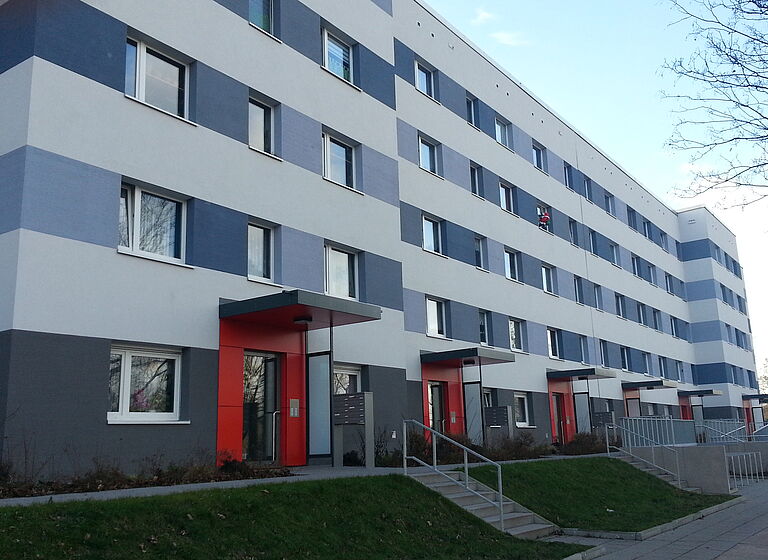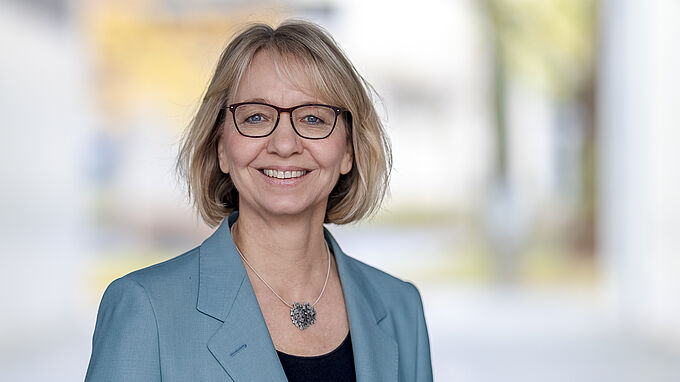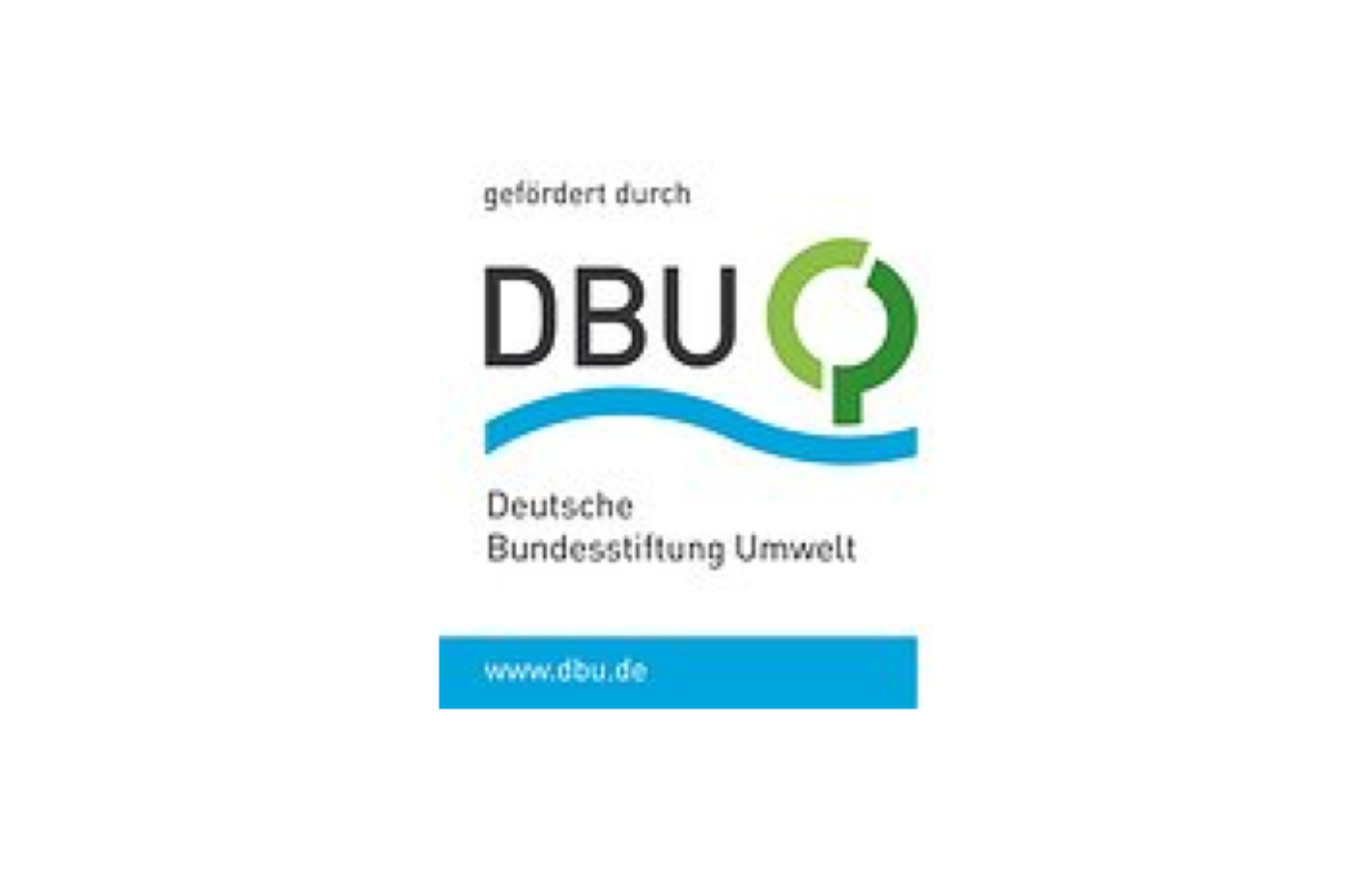
Energy efficiency and housing – EnWoKom
Testing of environmental communication concepts for energy-efficient resident behaviour in existing housing estates in Erfurt and Kassel
About the project
The EnWoKom model project, funded by the DBU - Deutsche Bundesstiftung Umwelt (German Federal Environmental Foundation), pursued the research question, which had hardly been investigated before, under which conditions communicative approaches can contribute to the effective implementation of municipal climate protection goals. It analysed how consumers (including different lifestyles, age groups) differ in their energy consumption behaviour and commitment to climate protection. Another focus of the research was to identify both the contribution that housing companies are already making to climate protection and to further develop their potential by addressing their tenant base. The components of the project were the exemplary testing of information and participation approaches. For this purpose, a total of three case districts were selected in the cities of Erfurt and Kassel and model approaches were implemented in cooperation with the Wohnungsbaugenossenschaft "Erfurt" eG (WbG "Erfurt") and the Gemeinnützige Wohnungsbaugesellschaft der Stadt Kassel mbH (GWG).
EnWoKom
Grant Provider: Third-party funded research project of the Deutsche Bundesstiftung Umwelt (DBU)
Duration: 06.2013 - 04.2018
Housing companies play an important role as contact partners for their residents and as cooperation partners in the implementation of municipal climate protection goals. In addition to technological innovations, energy savings and increased energy efficiency, the energy behaviour of private households is a decisive pillar of the energy transition. Housing companies can contribute here to supporting the climate protection goals of the federal government, cities and regions by creating a broader social consensus and by substantially reducing CO2. Since there are still considerable research gaps, especially in the question of how the acceptance of the energy transition can be promoted and consumer behaviour among residents can be changed through information, participation and networking of the actors, a need for research and action in this regard has emerged.
This is where the DBU model project "Energy Efficiency and the Housing Industry" came in. Together with the housing companies from the cities of Erfurt and Kassel participating in the project, information and participation methods were tested and further developed that are suitable for bringing about changes in the residents' attitudes and behaviour about energy consumption. The communicative instruments were not only used during the actual refurbishment project but also before it started, to prepare the residents for the refurbishment project at an early stage and to sensitise them to energy issues.
Methodology and results
Methodologically, the effects of the tested procedures were examined and evaluated before and after their implementation through surveys and behavioural observations.
As a result, successful strategies for strengthening energy-efficient, sustainable behaviour were identified and an improvement of the CO2 footprint of residents in existing neighbourhoods was set as a goal using the example of the participating model cities and housing companies. In particular, it was worked out how cooperation between the housing industry and energy consultants can be established or intensified to sensitise private households even more effectively to the issue in the long term. As a further result, recommendations for action for the housing industry and urban development were developed. These recommendations help housing companies and municipal administrations to develop and apply communication processes and cooperative development of solution strategies for the energy transition in dialogue with residents.
Project team
Former research associates
-
Luciana Löbe, M. Sc.
-
Klaus Weber, M. Eng.



